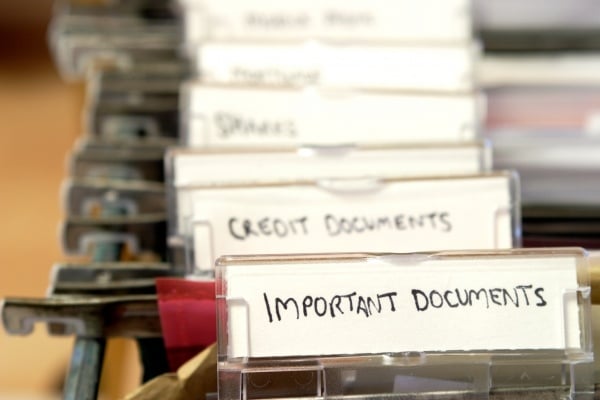The ability to set and stick with a budget can help you and your family get back on track financially, and help you meet your goals of saving money. If the usual advice of “budget” and “don’t go out for meals as often” hasn’t really resonated, here are some additional tips you can try to save more and spend less, making this your year that you reach those financial goals.
Take an Honest Look at Your Priorities
Everyone’s monthly expenses must cover the basics: housing, food, and transportation. Beyond that you also need to meet any debt obligations such as student loans or credit cards, and if you have additional money, it’s important that you understand what you really want to be able to spend it on so you have your priorities straight. Think about what you really care about—is it a vacation you want to take? The ability to eat out every weekend or go to the movies? A shopping trip once a month? Without knowing what you truly care about, it’s impossible to budget appropriately, and you probably find that your money disappears without being able to achieve the things you want.
Keep Track – of Everything
There are plenty of tools out there that will help you figure out where your money is going without the need to write down all your expenses. In fact, many websites and secure online tools allow you to link to your financial information and get analysis of exactly where you’re spending your money every month. You might not think that daily run to the office vending machine for a treat and a soda is costing you, but being able to see that on a monthly report could help put it in perspective.
Set Goals for Savings
While the goal of “saving more” is a good goal to have, it’s too vague for most people. Much like saying that you “want to lose weight”, the vagueness of the goal can actually be a detriment to achieving it. Instead, write down the things you want and the reason you need that money, and then set a goal for yourself of how quickly you can save it up. This helps you avoid the pitfall of putting large purchases on credit cards and paying interest forever on the balance, instead paying cash for the things you want. It also makes saving into a game where you are challenging yourself, and has a concrete and tangible reward at the end.
Plan for Entertainment and Leisure
If you have the expendable income for leisure, be sure you plan that into your budgets. Studies show that people are happiest when they spend money on leisure activities like a vacation. They don’t have to be elaborate vacations or leisure spending—perhaps it’s just going out to the movies once a month—but by putting money in your budget for this you can take some of the chore and stress out of savings.
Sometimes it can help to share your budgeting goals with others, giving you someone else to be accountable to when you are shopping and thinking about blowing your budget on that adorable pair of shoes. Instead, use these tips to plan long-term so you can have the savings you want.



